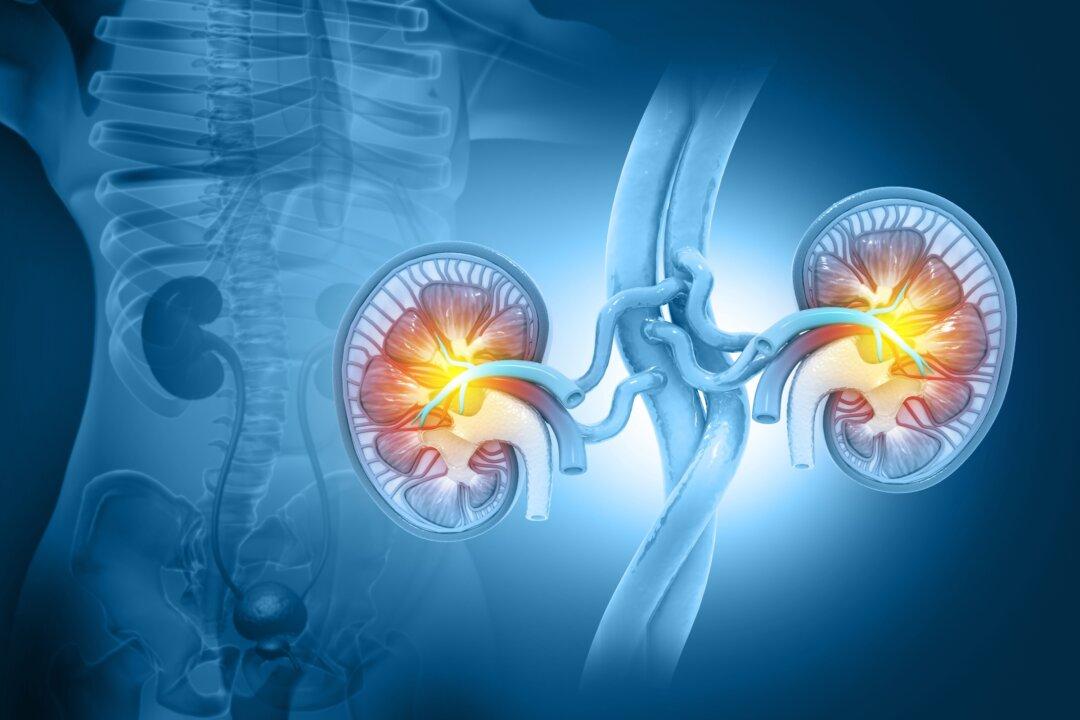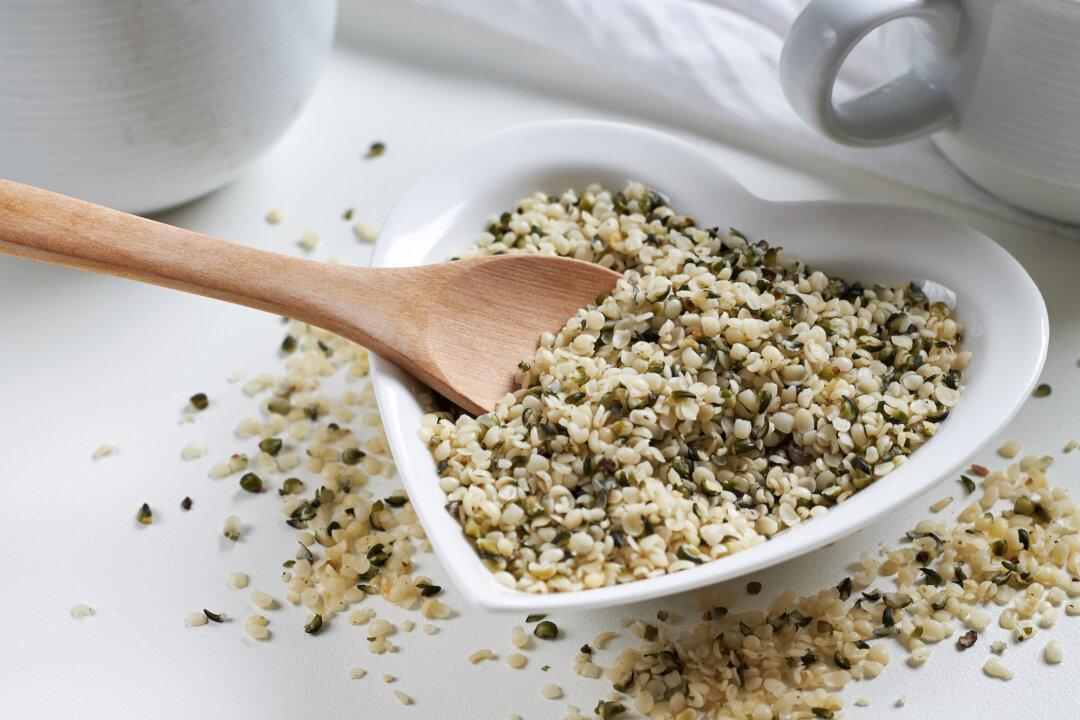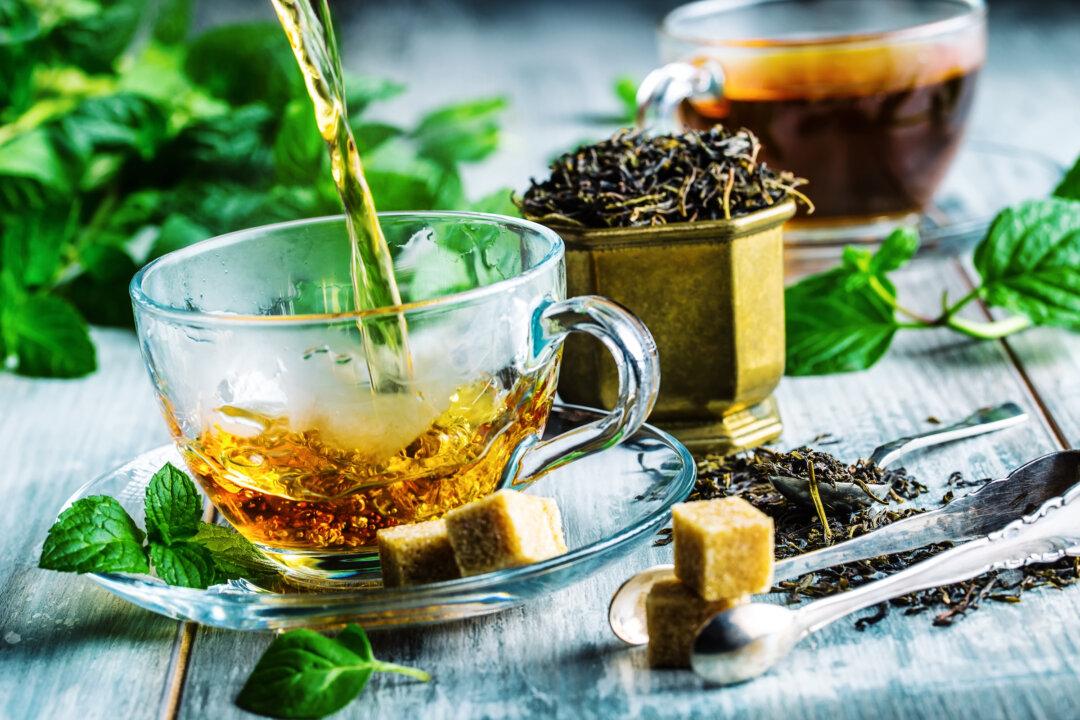Acute renal failure – a sudden loss of kidney function due to kidney damage – occurs when the kidneys can no longer effectively filter waste products from the blood. Incidence of acute kidney failure is soaring nationwide, with the U.S. Centers for Disease Control and Prevention reporting that rates of hospitalization for the condition have doubled since 2000.

crystal light/shutterstock
|Updated:




